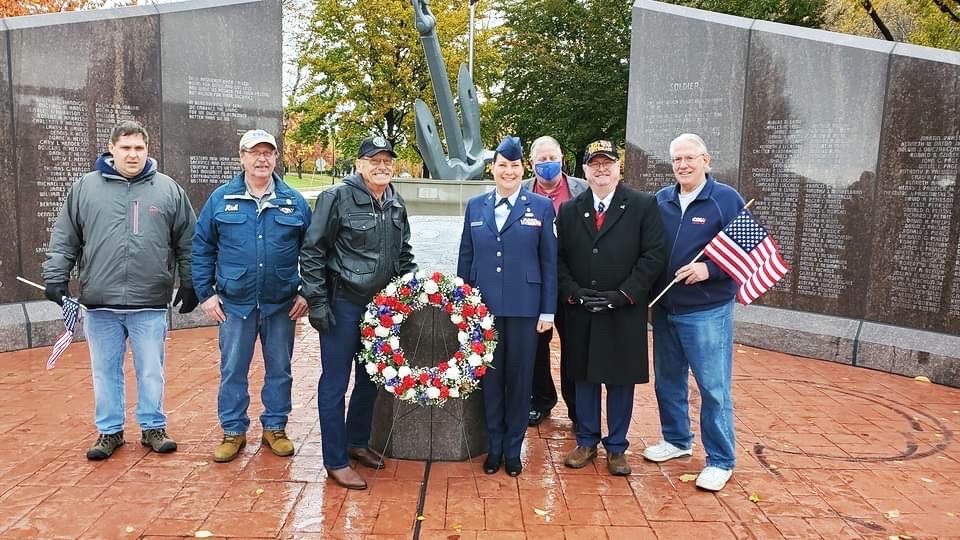Veterans Disability Benefits
You may be eligible for compensation if you were wounded, injured, became ill while on active duty, or have been diagnosed with a disease, post traumatic stress disorder (PSTD) or traumatic brain injury (TBI) relating to your service in the Armed Forces.

Pre-existing injuries or illnesses aggravated by military service may also be covered. If you have applied for veterans disability benefits and were denied, we can represent you for the appeal. FOA attorneys do not require any upfront payment for representation and only receive a fee if they are successful with your appeal. FOA fees are paid from the benefits that the veteran receives.